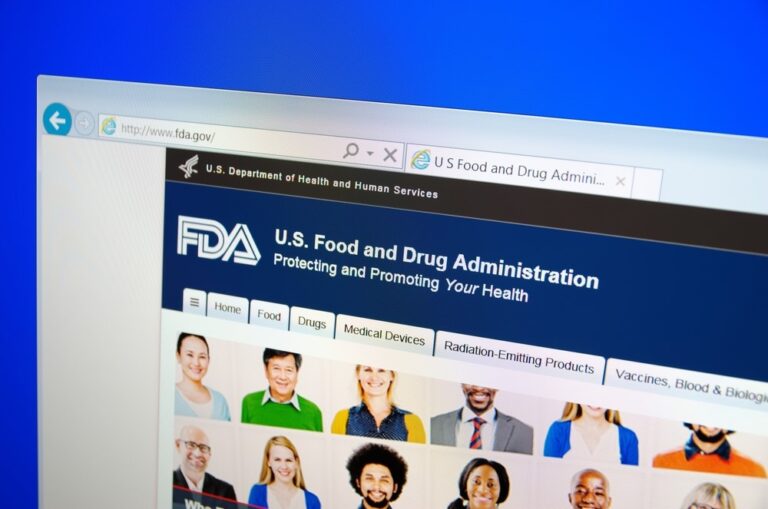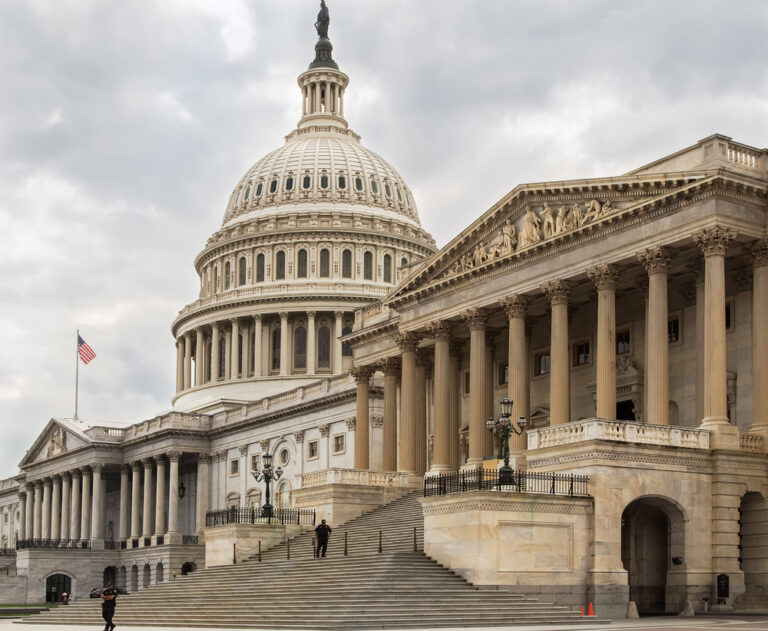Sept. 10, 2012 – A recent settlement between Johnson & Johnson/Janssen and multiple states to resolve claims that the company promoted unapproved uses for its antipsychotic drugs Risperdal and Invega is significant not only because J&J will pay $181 million but also because, among several provisions, the settlement restricts J&J’s ability to distribute reprints of peer-reviewed journal articles that discuss an off-label use through marketing channels, unless the company has already filed a supplemental application for that use with the FDA.
This provision of the settlement opens up Pandora ’s Box as pharmaceutical companies and the
courts grapple to define industry’s First Amendment right to share information about their products. In a recent Pharmalot.com interview, Arnie Friede, a former FDA associate chief counsel and a former senior corporate counsel at Pfizer, stated that this settlement agreement “goes part of the way toward addressing the government arguments in the First Amendment litigation about why off-label promotion should be prohibited entirely.”
“FDA is saying they should be permitted to review claims before they are disseminated as off-label promotion. Janssen is saying we’ll meet you part of the way there,” Friede explained. In other words, he said, this restriction “addresses one of the primary justifications that FDA has advanced to encourage developing submissions and approvals of supplemental applications.”
Jack E. Angel, the Coalition for Healthcare Communication’s Education Foundation Executive Director, finds the settlement agreement troubling, because, “as demonstrated by numerous studies, journals are a leading and respected source of information for physicians. Arbitrarily limiting their reach through reprints does not serve the public health.”
Friede points out in his interview that even though this agreement only restricts the activities of the company that is the subject of the settlement, the industry as a whole may “adopt provisions in their own compliance programs that mirror what appears in orders they’re not even subject to.”
“While this settlement is limited to J&J and the drugs at issue in the settlement, Arnie Friede is absolutely correct that every company and every marketing partner must take note,” said Coalition for Healthcare Communication Executive Director John Kamp.
“The state AGs here are creating new national standards for drug marketing, specifically regarding how peer-reviewed off-label reprints can be distributed by marketing people,” according to Kamp. “FDA is the expert regulator in this area and has incredibly specific policies of its own – from both legislation and agency regulation – and this step adds another layer of limits. This is incredibly bad precedent.”
Angel concurred that this case “follows a long trail of settlements whereby the state enforcement agencies have coerced companies into agreements where the companies have no practical alternative but to comply.”
Most importantly, Kamp noted, is that the end result of settlements such as this one “is that doctors have reduced access to the latest peer-reviewed science that can best inform patient care. This violates common and medical policy sense, and likely the First Amendment.”
The settlement, “as well as the current restrictions on off-label communication by drug companies, raises significant First Amendment questions that are likely to be settled by the U.S. Supreme Court,” Angel said. “Let’s hope the Court intervenes soon.”



